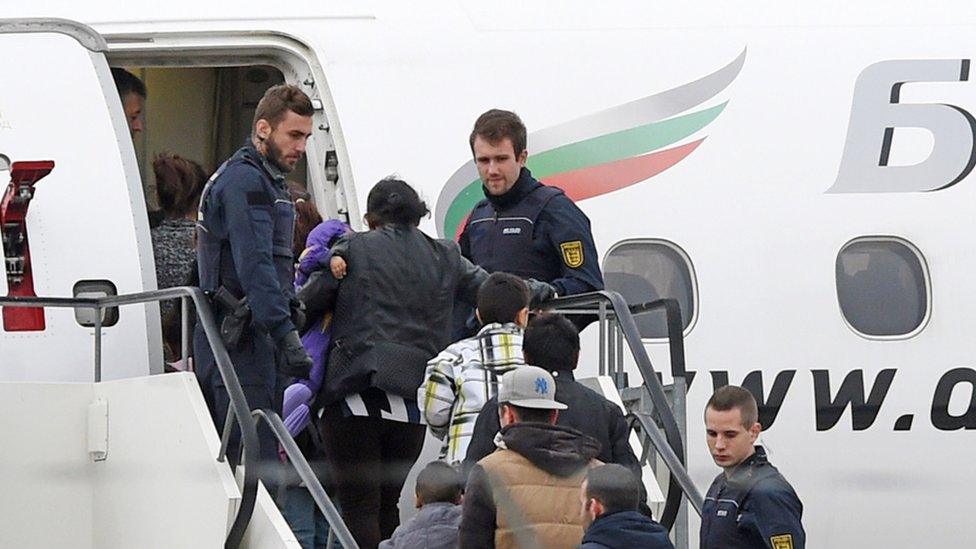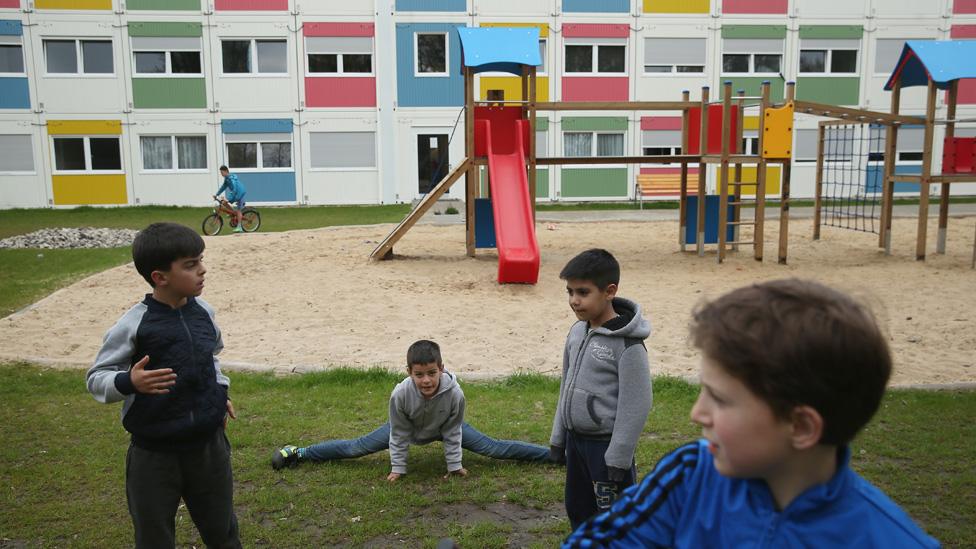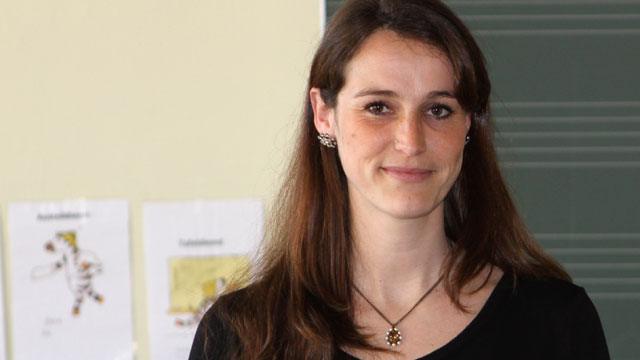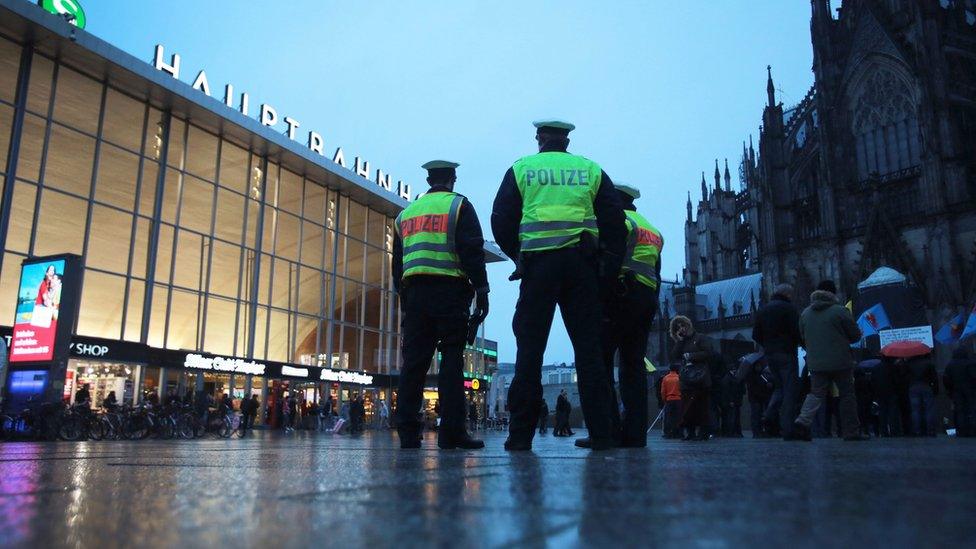Germany migrants: Record number opt to leave - most to Balkans
- Published

A flight from Karlsruhe/Baden-Baden takes Kosovo migrants home (file pic)
A record 55,000 migrants left Germany voluntarily this year - more than twice the number deported.
Germany's Sueddeutsche Zeitung (SZ) daily got the January-November data from the Office for Migration and Refugees (BAMF). Most of the migrants went back to the Western Balkans.
Albanians formed the largest group - 15,000. The numbers from Serbia, Iraq and Kosovo totalled about 5,000 each.
Last year 890,000 asylum seekers reached Germany - a record influx.
In 2016, Germany deported 25,000 migrants. Those arriving from the Western Balkans generally have no right to stay in Germany.
The BAMF says increasing numbers of asylum seekers are also returning voluntarily to Iraq, Iran and Afghanistan.
Those who went back to Afghanistan voluntarily this year totalled more than 3,200 - about ten times more than went back there in 2015. Earlier this month, 34 Afghans were deported after their asylum claims were rejected.
The German government has pledged to step up the rate of migrant returns, amid widespread criticism of Chancellor Angela Merkel's liberal immigration policy.
But international law prohibits "push-backs" to areas where migrants are at risk from war or persecution. And each asylum claim has to be assessed individually - there can be no discrimination against particular groups.

Zehlendorf, Berlin: Containers were hastily erected to house migrants in 2015 to cope with the influx
The EU does not yet have an agreed list of "safe" countries of origin - member states make their own decisions about individuals.
Cash support
Migrants who leave voluntarily, unlike deportees, are not detained by police during the night, and can plan for their future in good time.
While deportees receive a multi-year re-entry ban, those who leave voluntarily get some financial assistance. The amount is higher the earlier they decide to leave.
SZ reports that the "start-up" cash for a family of five, if they decide to leave before their asylum claim is rejected, can be €4,200 (£3,580; $4,383). That is in addition to the basic financial support that most migrants get from the International Organization for Migration (IOM).
This year Germany refused entry to 20,000 migrants at its external borders.
In early 2017 Germany plans to launch a new development programme targeting migrants, to help them reintegrate in their home countries.
The first countries of origin to be targeted will be Morocco, Tunisia, Nigeria, Kosovo, Serbia and Albania, SZ reports. Germany has allocated €150m - spread over three years - for reintegration projects, to help voluntary returnees.
The largest groups seeking asylum in Germany in January-October 2016 were: Syrians (38%), Afghans (18%) and Iraqis (13.5%).
A note on terminology: The BBC uses the term migrant to refer to all people on the move who have yet to complete the legal process of claiming asylum. This group includes people fleeing war-torn countries such as Syria, who are likely to be granted refugee status, as well as people who are seeking jobs and better lives, who governments are likely to rule are economic migrants.
- Published9 December 2016

- Published29 November 2016

- Published22 November 2016

- Published28 April 2016

- Published13 January 2016
